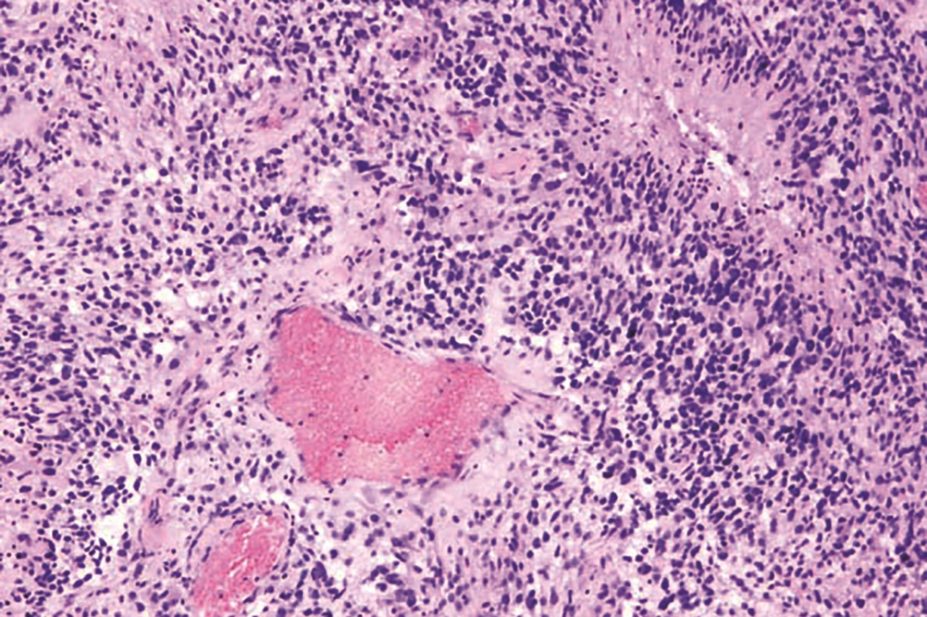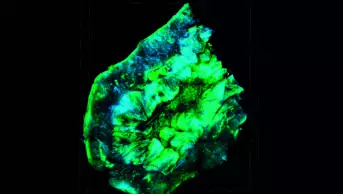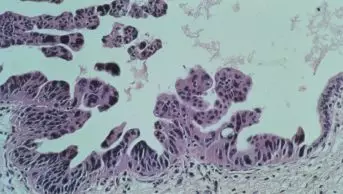
Wikimedia Commons
Patients with glioblastoma and brain metastases have very few treatment options and usually die within a short period of time. By analysing neurosurgical specimens, researchers have discovered that brain metastases harbour high densities of tumour-infiltrating lymphocytes (TILs), which provide an immunoactive environment.
Both primary and secondary brain tumours also had high levels of programmed cell death ligand 1 (PDL1). This is an immunosuppressive factor that can be inhibited by a new class of cancer drugs known as immune checkpoint inhibitors, explains lead researcher Anna Sophie Berghoff, from the Medical University of Vienna, in Annals of Oncology (2014;25(6): vi1)[1]
.
Together, the findings demonstrate that the immune system interacts with glioblastoma and brain metastases, providing a rationale for evaluating the effect of immune checkpoint inhibitors, Berghoff says.
References
[1] Berghoff AS, Wöhrer AW, Widhalm G et al. Role of PDL1 expression and tumour infiltrating lymphocytes (TILs) in glioblastoma (GBM) and brain metastases (BM). Abstract presented at ESMO Symposium on Immuno-Oncology 2014, Geneva, Switzerland 21–22 November 2014. Annals of Oncology 2014; 25(6): vi1. doi:10.1093/annonc/mdu466.1.


